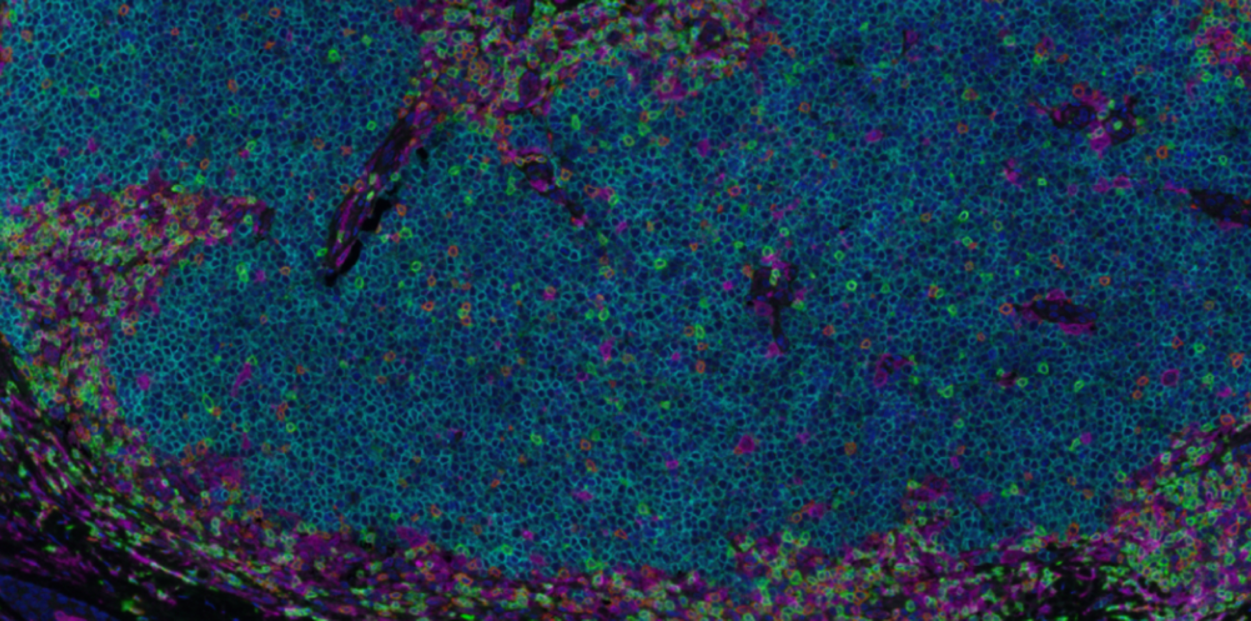Cutaneous T-cell Lymphoma
Michi Shinohara, MD, established a multidisciplinary Clinic for Cutaneous Lymphomas at the Fred Hutchinson Cancer Center (formerly the Seattle Cancer Care Alliance) in 2013. Her research interests include investigating the quality of life in patients with cutaneous lymphoma, and clinical trials investigating novel therapies for patients with cutaneous T-cell lymphoma. She is the current Principal Investigator of SOLAR: A Phase 2, Randomized, Open-label, Parallel-group, Active Comparator, Multi-center Study to Investigate the Efficacy and Safety of Cobomarsen (MRG-106) in Subjects with Cutaneous T-Cell Lymphoma (CTCL), Mycosis Fungoides (MF) Subtype.
Dermatology & Global Health
Sigrid Collier, MD, MPH, is involved in research focused on improving access and quality of care for skin disease in underserved and vulnerable populations around the world. She has an ongoing research project characterizing the burden and epidemiology of skin disease among the refugee population in the United States. She is also currently developing projects focused on the application of implementation science to dermatologic care for underserved populations in the United States and in East Africa. Domestically, Dr. Collier is investigating diagnostic accuracy in severe cutaneous adverse reactions (SCARs).
Merkel Cell Carcinoma (MCC)
Paul Nghiem, MD, PhD, leads an active research laboratory at UW Medicine’s Research Hub at South Lake Union. A major interest is the biology and optimal therapy of Merkel cell carcinoma — a relatively rare, but often lethal form of skin cancer that is typically caused by a virus that is commonly on our normal skin, the Merkel cell polyomavirus. Dr. Nghiem's team created a large data and specimen Repository for Merkel cell carcinoma to learn more about this challenging disease. The T lymphocyte immune response appears to play a central role in fighting this cancer. It is a key goal to find effective ways to stimulate relevant immune function in MCC patients.
A second major interest is the role of the protein kinase ATR in the ‘replication checkpoint’ — a critical aspect of the response of cells to DNA damage. Recent data indicate that inhibiting ATR can promote anti-tumor immunity and the Nghiem team is preparing to lead a multi-center clinical trial to test the safety and efficacy of this approach.
Multidisciplinary Research
Andrea Kalus, MD, is the Co-Director of the Rheumatology-Dermatology Clinic at the University of Washington and the Director of the Phototherapy Unit. Her clinical interests include autoimmune disease, complex medical dermatology and phototherapy. Dr. Kalus partners with multidisciplinary research teams to investigate conditions like lupus, dermatomyositis and skin changes in patients with medical conditions like diabetes. Her teaching and curricular interests include incorporating the humanities into medical student and resident education.
Quality Improvement & Dermatology Education
Roy Colven, MD, has investigative interests in the validation of store and forward telemedicine for dermatologic consultation, and the impact of case-based learning on practice behavior. Dr. Colven is also exploring the impact of interpreter use in understanding instructions, in follow up, and in treatment outcome among non-English language dermatology clinic patients.
Skin Regeneration, Repair, & Imaging
Cory Simpson, MD, PhD is the Principle Investigator for the Simpson Lab. Dr. Simpson’s research focuses on the skin, which serves as a protective shield between the human body and its environment. Dr. Simpson focuses on understanding the biology of skin cells called keratinocytes with the goal of understanding how they normally mature to form an effective barrier tissue and how they are compromised in skin disease. The ultimate goal is to identify novel approaches to promote skin tissue regeneration, to prevent skin damage from environmental stressors, and to treat genetic dermatologic disorders. His clinical expertise includes skin blistering diseases such as pemphigus and pemphigoid as well as genetic skin barrier disorders such as ichthyoses and Darier disease.



